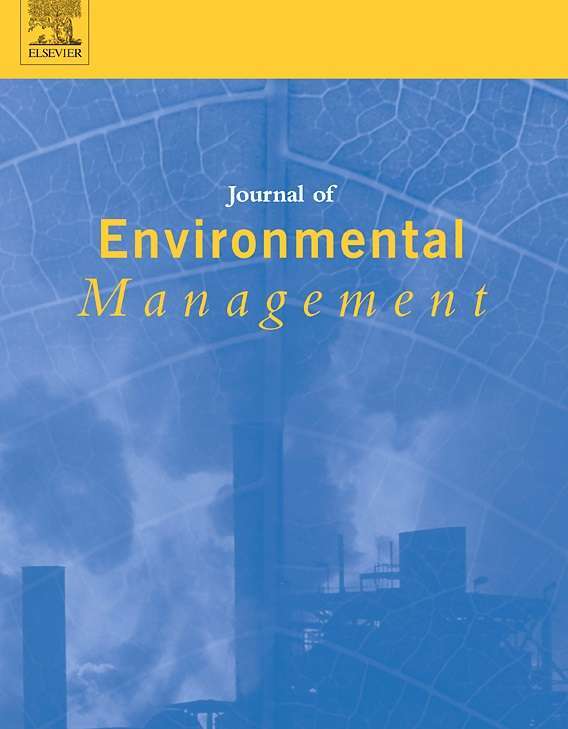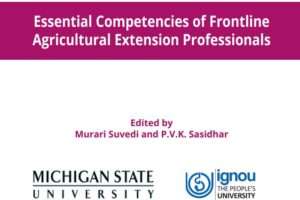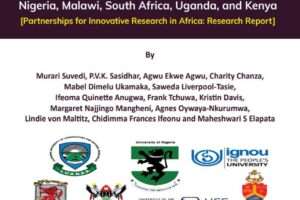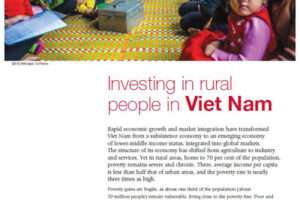Although floating farming, a climate-smart practice, is a response to climate change challenges facing agriculture in wetland areas, the adoption of floating agriculture in Bangladesh wetland areas (also known as Haor) is slow. The purpose of our study was to identify the factors that motivate and barriers that inhibit the adoption of floating agriculture in the Haor region in Bangladesh’s Kishoreganj district. To achieve our purpose, we used Roger’s five-stage innovation-decision theory. We collected data from a sample of 120 Haor rural farmers using a quantitative questionnaire answered via a personal interview. We used a binary logistic regression to identify the factors that predict farmers’ motivational actions in adopting floating agriculture. In addition, we rank ordered the data to identify the obstacles that prohibit farmers from implementing floating agriculture. The results demonstrate that education, training related to floating agriculture, credit received, communication behavior, trialability and observability, and complexity in practicing floating agriculture motivate farmers to adopt floating agriculture. The results also show that climatic factors (e.g., high waves and excessive rainfall, aquatic plant scarcity) and non-climatic factors (e.g., inadequate demonstration plots, conflict, and political power abuse) inhibit adoption of floating agriculture. Our study provides suggestions for increasing farmers’ adoption of floating agriculture in wetland areas.
Furthering climate-smart farming with the introduction of floating agriculture in Bangladeshi wetlands: Successes and limitations of an innovation transfer





Add Comment